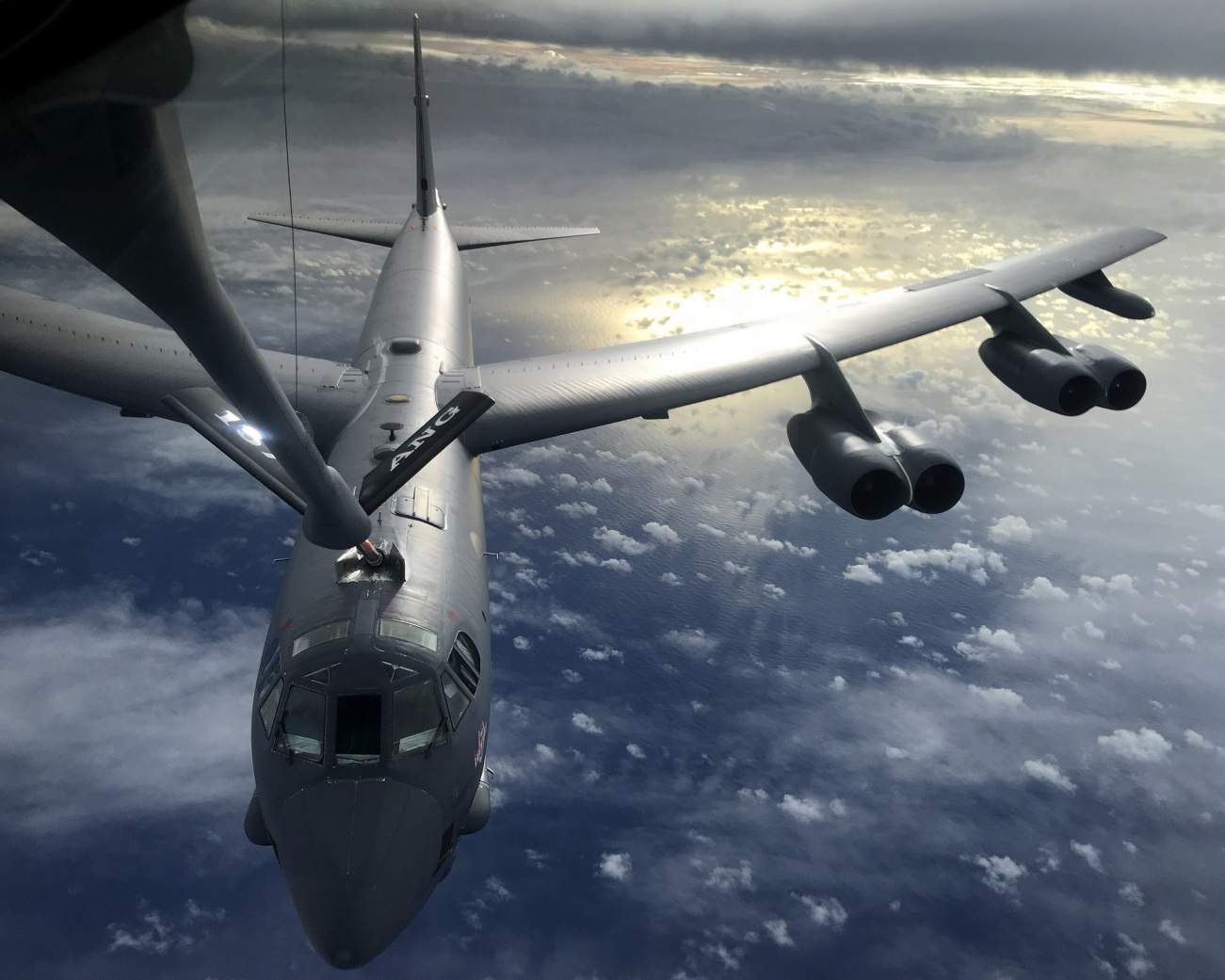By Sarang Shidore
 India's grand strategy has evolved significantly since independence more than 70 years ago, but the country has had mixed success in achieving its objectives. The rise of China and a dangerous impasse with Pakistan pose new challenges to New Delhi and are pushing a reluctant India into a closer partnership with the United States. Despite key successes, India's economic problems are huge, and they remain the biggest barrier to rising to great power status. Asia, and more specifically India, has emerged as a critical theater in a new era of great power competition. The contest between a U.S.-led alliance on one side and Russia and China on the other is reshaping India's grand strategy for becoming a world power. The world's second most populous country, which sees itself as one of humankind's great civilization-states, hopes to be secure and prosperous and one day spread its influence into all corners of the world. But recent conflict with China in the disputed Doklam area of Bhutan and with Pakistan in Kashmir has brought New Delhi's choices into sharp focus. And these conflicts are raising questions about the evolution of India's game plan in this fast-changing world.
India's grand strategy has evolved significantly since independence more than 70 years ago, but the country has had mixed success in achieving its objectives. The rise of China and a dangerous impasse with Pakistan pose new challenges to New Delhi and are pushing a reluctant India into a closer partnership with the United States. Despite key successes, India's economic problems are huge, and they remain the biggest barrier to rising to great power status. Asia, and more specifically India, has emerged as a critical theater in a new era of great power competition. The contest between a U.S.-led alliance on one side and Russia and China on the other is reshaping India's grand strategy for becoming a world power. The world's second most populous country, which sees itself as one of humankind's great civilization-states, hopes to be secure and prosperous and one day spread its influence into all corners of the world. But recent conflict with China in the disputed Doklam area of Bhutan and with Pakistan in Kashmir has brought New Delhi's choices into sharp focus. And these conflicts are raising questions about the evolution of India's game plan in this fast-changing world.


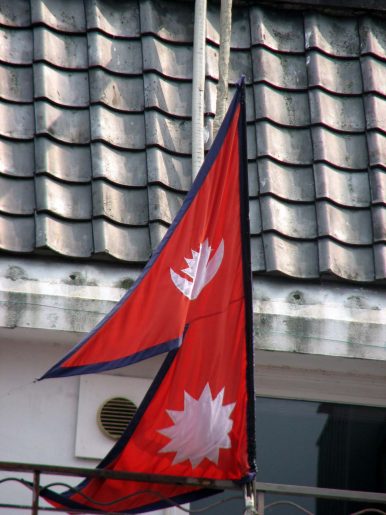


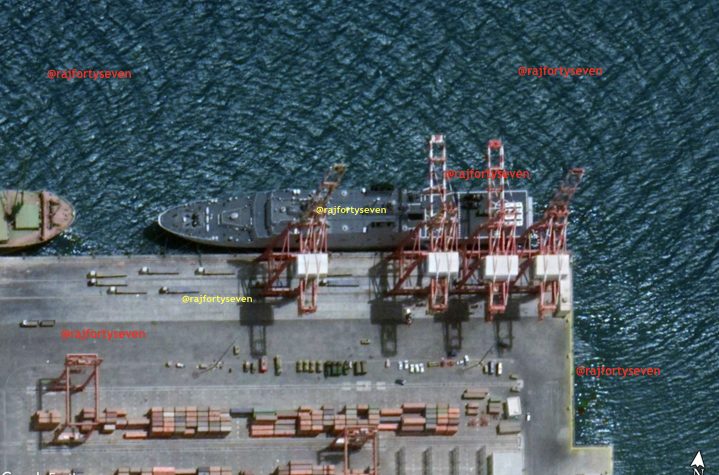
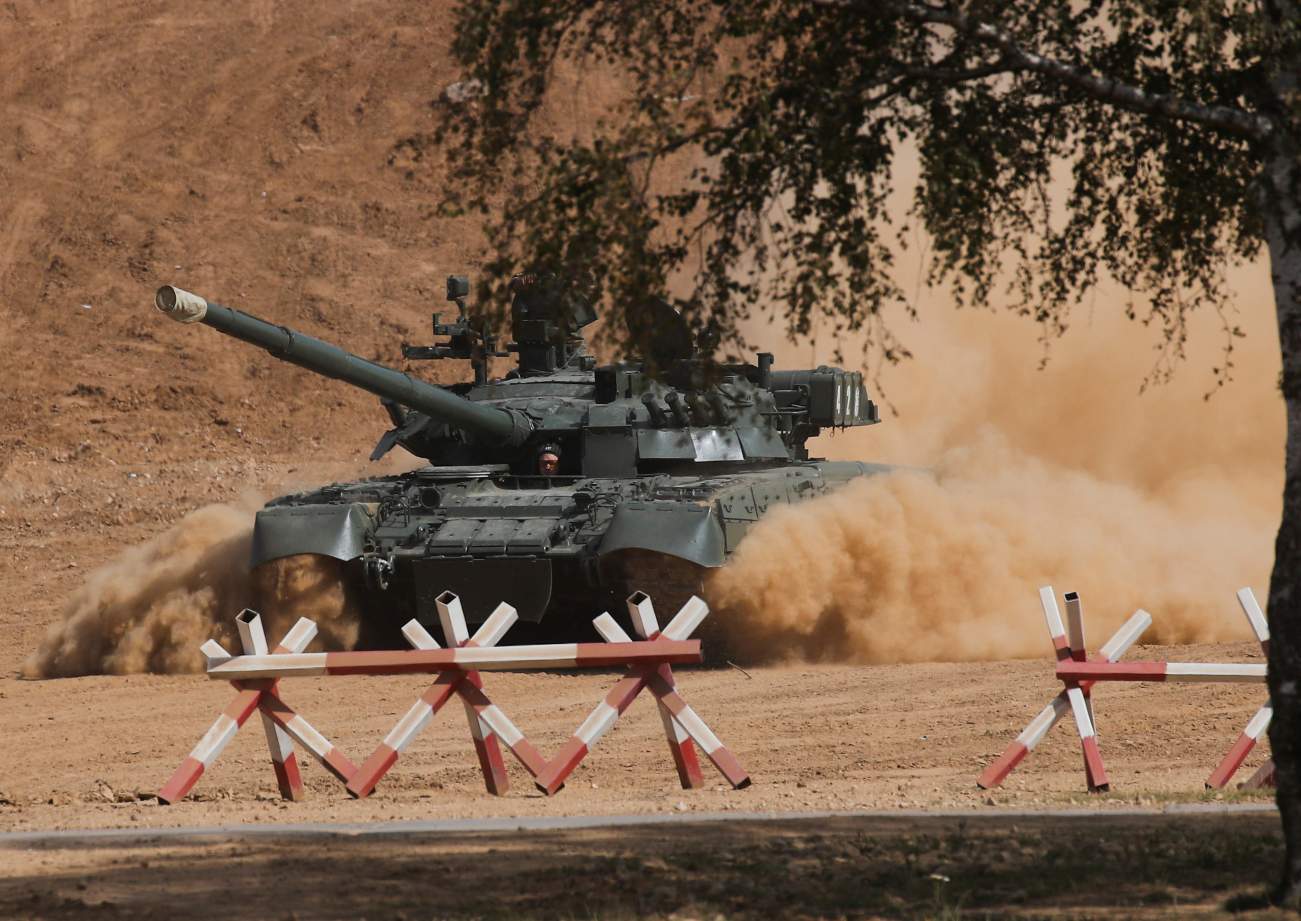
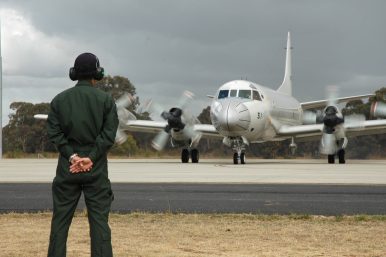
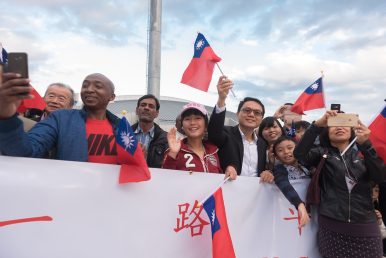







/arc-anglerfish-arc2-prod-mco.s3.amazonaws.com/public/V6ZOGGBIQNFLRDGLXVGHIQ7HEU.jpg)



